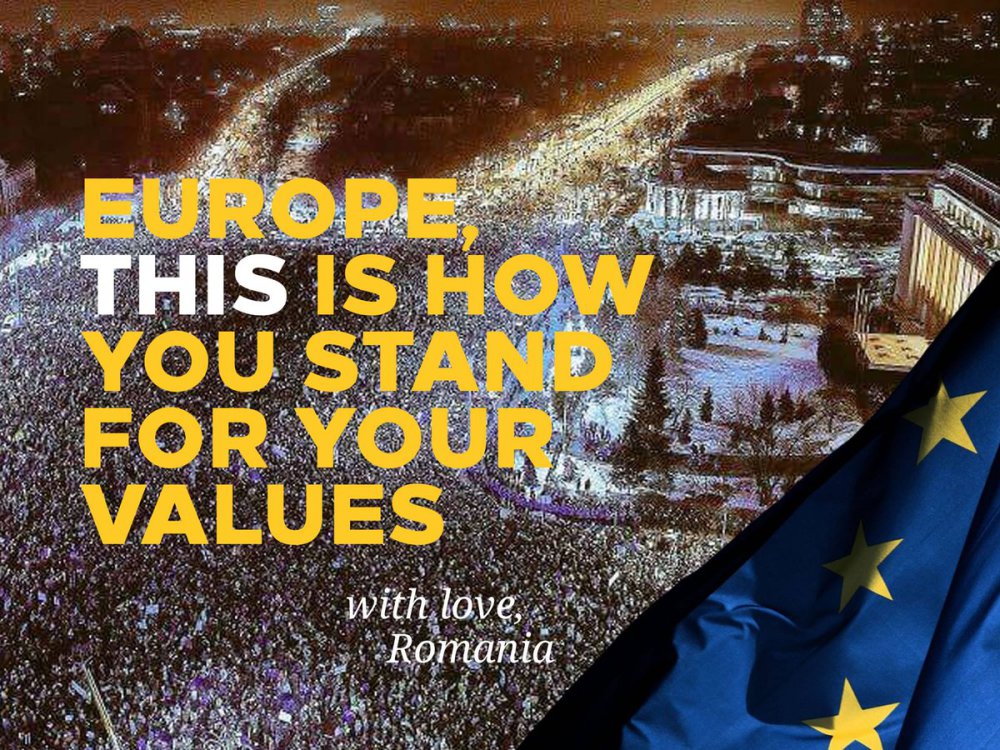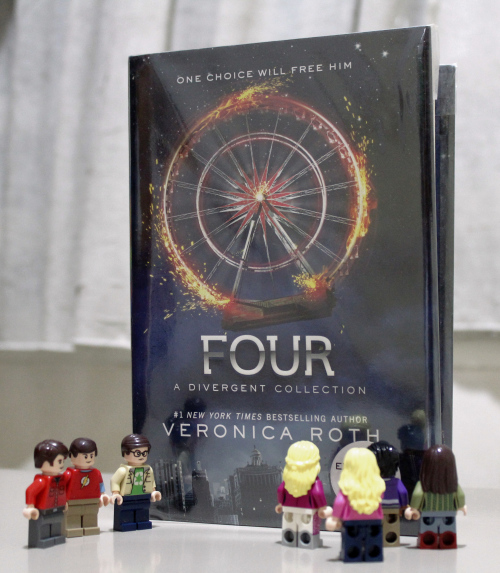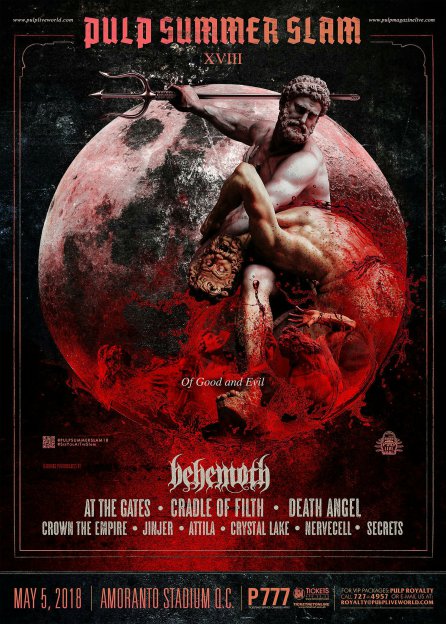Vlad invited me to come to Romania to work with CROS and fortunately I accepted! Ever since I have been trying to clarify the enigma of who exactly are the Romanians? And why, as Lucian Boia puts it, is Romania a disarticulated country?
I’ve met some amazing people active in Bucharest and Timisoara and been introduced to many interesting Romanian thinkers and artists, and realise that Romania is both much older and yet much younger than it appears. As Lucian Boia put it in 1999;
Romania today is a disarticulated country, a collage of ill-matched segments of traditional life, inter-war reminiscences, Communist attitudes and structures & post-Communist evolutions.
AND I would add a fifth trope of “grappling with its 21st century freedoms” to be capitalist whilst speaking out about their masters and connecting furiously with one another as the most Facebooked nation in Europe; now capable of telling the rest “Europe This is how you stand up for your values!“

Telling individual Romanians who they are, because they won’t tell you, is the best way of opening up the conversation of who are Romanians? As Boia put it in 1999,
The present moment is a crucial one for the Romanians; while recovering what can still be recovered of the past, or what deserves to be recovered, they must construct something new [like CROS], in keeping with the world of today and, hopefully at least, more durable and stable. Will they succeed?
Well I’m hoping they succeed. Boia thought that Romania’s cohesion has passed the test. Romania in 2016 did stand up for its values, after the nightclub fire showed that corruption can leads to 64 deaths (Collectiv night club fire).
As Boia put it not very much of the old Romania is left for the Romanians & history is, to a large extent, a handicap. Sadly this means that this deeply interesting and cultural literate people currently only value the future as a place that they are racing towards (just like their beloved Americans) and NOT a place that they are building. Perhaps they need to heed John Scharr’s dictum that;
The future is not some place we are going, but one we are creating. The paths are not to be found, but made. And the activity of making them changes both the maker and the destination.
However Boia claims that Everything in the world must be explained in the first instance by history and, when you start to investigate Romanian history it is amazing. John Cleese once asked “What have the Romans ever given us?” with a key line that ” yeah, the roads go without questioning.”
The question “What have the Romanians ever done for us?” provides surprising answers, such as that they held the Romans at bay for 4 years. A parallel key line could be that “they never invaded anybody” Which means, in a way, that the Romanians trick is to hide in plain sight being observed but not being misunderstood so that their culture was overlooked. Being a Romanian is perhaps more a state of being rather than a set of characteristics. In which case they are the best people to answer my presumptuous question “Who are Romanians?”
If Romanians miss out on their own incredibly multifaceted and 8,000 year-old history, then they will actively restrict the lines they might speak when they do begin to describe the future that they are currently rushing towards. In so doing they will miss out on making the paths that will enable to create a unique future. This project hopes to prompt deeper reflections between fellow Romanians than they currently allow themselves
Fred Garnett
Advertisements Share this:






